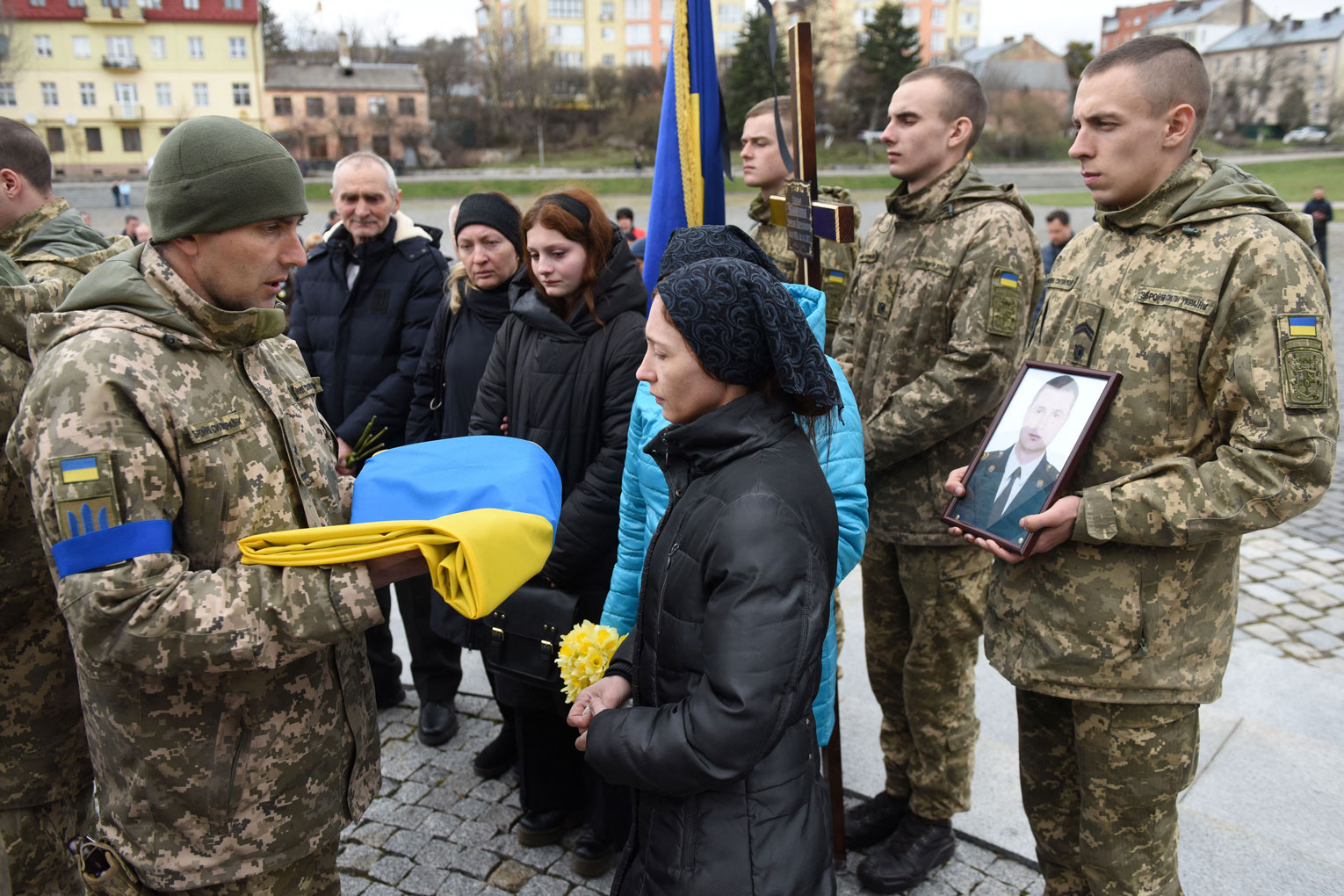Our Week in Review, a newsletter emailed to subscribers every Friday. To subscribe, sign up here.
In November 2015, I visited the home of a widow in a neighborhood in south Beirut after a double suicide bombing. The first suicide bomber had struck right after the maghreb sunset prayers, a time of day when the street was busy with worshipers or ordinary civilians picking up groceries and socializing. The second was waiting in the wings to blow himself up after bystanders had gathered to help the wounded.
The woman, Basima Atat, lost her husband, Adel Termos, that day. After the first bomb went off, he glimpsed the second suicide bomber approaching the gathering, then rushed and tackled him to stave off a bigger massacre. He died when the bomb was detonated.
When I met her, she said: “Tell me congratulations. My 6-year-old daughter now says Dad is a martyr, a hero, in heaven. Do you know what it means to be a hero?”
The war in Syria had by now been raging next door for four years, driving over a million refugees into Lebanon, and Hezbollah had intervened to support Bashar al-Assad. The intervention was followed by suicide bombings in Shiite-majority areas of Beirut carried out by al Qaeda and the Islamic State group.
I met a lot of widows in the course of reporting from Lebanon. Often they were single mothers with children scarred by their experience with war, yet with boundless courage. Many became their family’s sole breadwinner, taking up odd jobs or small business ventures to support them, working as seamstresses, cooks or schoolteachers.
I went back to those memories when I read the piece we published this week by Riada Asimovic Akyol, the strategic initiatives editor at New Lines, on war widows, particularly with the escalating humanitarian crisis in Ukraine.
Riada reports on an “epidemic of widowhood” sparked by decades of conflict around the world and the challenges widows and their children face, from marginalization and stigma to their vulnerability to human rights abuses and gender-based discrimination.
She also writes about how religion and culture have shaped expectations of bereavement and a widow’s behavior. What she describes as “performative widowhood” emphasizes the suffering and grief that is supposed to hound them for the rest of their life, a predicament in which they are no longer defined as individuals, but by the loss of their spouses.
She writes: “Under patriarchal systems, the death of a husband entails an economic loss for the widow and children, reinforcing their new lower social status and influence. The situation for widowers is often different. Societal and cultural expectations affect grieving widowers’ daily lives. But unlike widows, they are not defined in terms of marital status.”
When I go back to thinking about my time reporting in Lebanon, the thing that struck me was not that the wife was defined by the martyr but that everything was defined in relation to the martyr. One of the sayings of the Prophet in Islam is that a martyr can intercede with God on Judgment Day on behalf of 70 of their family, ushering them into Paradise. Some towns and villages on the border with Syria were often plastered with posters of these martyrs. I sometimes wondered how many of the youth managed to stay alive.
War widows should not be defined by their loss. They should be aided in the massive transformation that has taken place in communities like Syrian refugee camps, where they often are the majority of family breadwinners, a true upending of societal structures.
But perhaps we should also contemplate our broader veneration of death itself.
From this week (April 18 – April 22, 2022)
Decades Later, Nancy Mitford’s Novels Resonate | Read more
Podcast | One Man’s Quest for Quiet — with Gordon Hempton | Listen here
Egypt’s Poor Treatment of Pregnant Women | Read more
Exclusive: Sergei Lavrov and Oleg Deripaska Traveled With a Sex Worker to Japan in 2018 | Read more
Russians Oddly Buy Into Ukraine Conspiracy Theories | Read more
A New French Film Hints at Unity | Read more
The Afghan War May Not Be Over | Read more
Near Ukraine, a Breakaway Russian Republic Plows On | Read more



